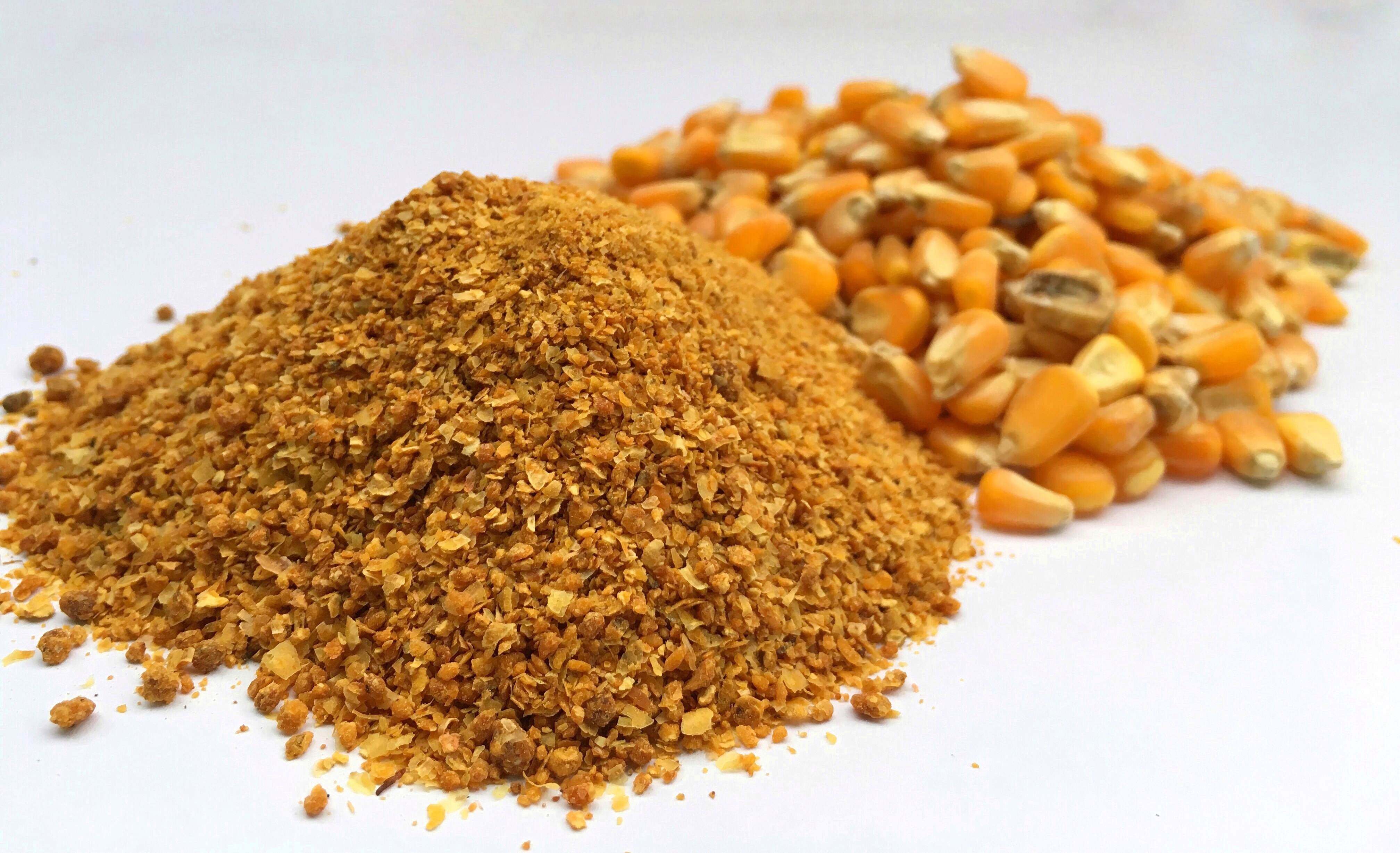Preservatives and mold inhibitors are commonly added to wet distillers grains (~50% moisture) to prevent spoilage and extend shelf life. However, since the moisture content of DDGS is usually between 10-12%, there is minimal risk of spoilage during transit and storage unless water leaks into transit vessels or storage facilities.1 When moisture is a concern and because the starch and protein are exposed, it is a good practice to treat DDGS with an effective mold inhibitor to prevent spoilage. But, which mold inhibitor to choose? The biggest challenge Kemin found when treating distiller grains is controlling heating and preventing oxidation.
You are viewing United States
- United States
- Canada
- Mexico
- South America
- EMENA
- Sub-Saharan Africa
- Russia
- South Asia
- Asia Pacific
- China
- Global
Choose Your Location:
- United States
- Canada
- Mexico
Popular Searches
- Animal Nutrition & Health
- Preservation of Distiller Grains
Preservation of Distiller Grains
With the recent increase in corn-based ethanol production in the United States, the availability of dried distiller grains has also increased. In cattle rations, dried distiller grains with solubles (DDGS) are a good source of protein, are high in ruminally undegradable protein and are a good source of energy. When carefully formulated, swine producers can significantly reduce ration costs and maintain performance with the inclusion of DDGS.
As with any by-product, the quality of these ingredients is highly variable. Because distiller grains are the by-product of ethanol fermentation, wet distiller grains (WDG) and DDGS contain very low levels of mold and wild yeast when fermentation concludes. However, because the starch and protein are exposed to contamination, mold and wild yeast found in conveyors, augers and inside storage facilities can quickly proliferate and spoil these valuable feed ingredients.

To address the challenges associated with preventing DDGS and WDG spoilage, Kemin scientists developed ZeniPRO® Liquid. ZeniPRO is a combination of four powerful organic acids, surfactants and an antioxidant. This combination was formulated after extensive research into the cause of spoilage. Spoilage of DDGS and WDG occurs when wild yeast and mold begin to multiply. This occurs very quickly after fermentation is complete, so early application is key to successfully controlling heating.
To demonstrate the efficacy of ZeniPRO Liquid, wet distiller grains were collected from an ethanol plant and transported to the Kemin laboratory. 2 In the lab, the research team applied ZeniPRO at a rate of 0, 6, 12 or 18 pounds per ton of WDG. After application, the samples were placed in 20 coolers (5 coolers for each of the four treatments) and stored at room temperature. Over 28 days, the coolers were monitored for visible mold growth. Table 1 is a summary of the days-to-mold evaluation.
Table 1. Days to mold in WDG treated with ZeniPRO
ZeniPRO (lbs./ton) |
Days to Molda |
0 |
7.4w |
6 |
19.8x |
12 |
23.2y |
18 |
28.0z |
aMean response from five replicate coolers
wxyzMeans with different subscripts differ at P < 0.05
Under the conditions in this experiment, it was shown that ZeniPRO Liquid can stabilize modified WDG for at least 28 days, using 18 pounds per ton of WDG. There were other parameters evaluated during this experiment showing even more ways ZeniPRO can help preserve WDG and DDGS.
Want to learn more? Contact us by submitting the form below for more information on ZeniPRO and the additional data generated during this evaluation.
References
1U.S. Grains Council. “A Guide to Distiller’s Dried Grains with Solubles (DDGS). Third Edition.
2Kemin Internal Research. “Effectiveness of ZeniPRO Preservative to Stabilize Wet Distillers Grain.”BB-03-00817.
Have a Question?
If you have a question about our products or services, or just want more information, fill out the form below and someone on our team will be in contact with you.
- California Residents
- California Supply Chain Act
- Canada Forced Labor and Child Labor Report
- Email Disclaimer
- GDPR Personal Data Addendum
- General Terms & Conditions for Vendors
- Global Environmental Policy Statement
- Indirect Cost Estimates
- Kemin Terms & Conditions
- Modern Slavery Act Transparency Statement
- Privacy Policy
- Sitemap
- Change Cookie Consent
- Animal Welfare Statement
© Kemin Industries, Inc. and its group of companies All rights reserved. ® ™ Trademarks of Kemin Industries, Inc., USA
Certain statements may not be applicable in all geographical regions. Product labeling and associated claims may differ based upon government requirements.
Thank you for visiting Kemin.com.
Your questions and feedback are important to us. Let us know how we can help you learn more about Kemin, our products, our services or our website.
Interested in starting a career with Kemin?
